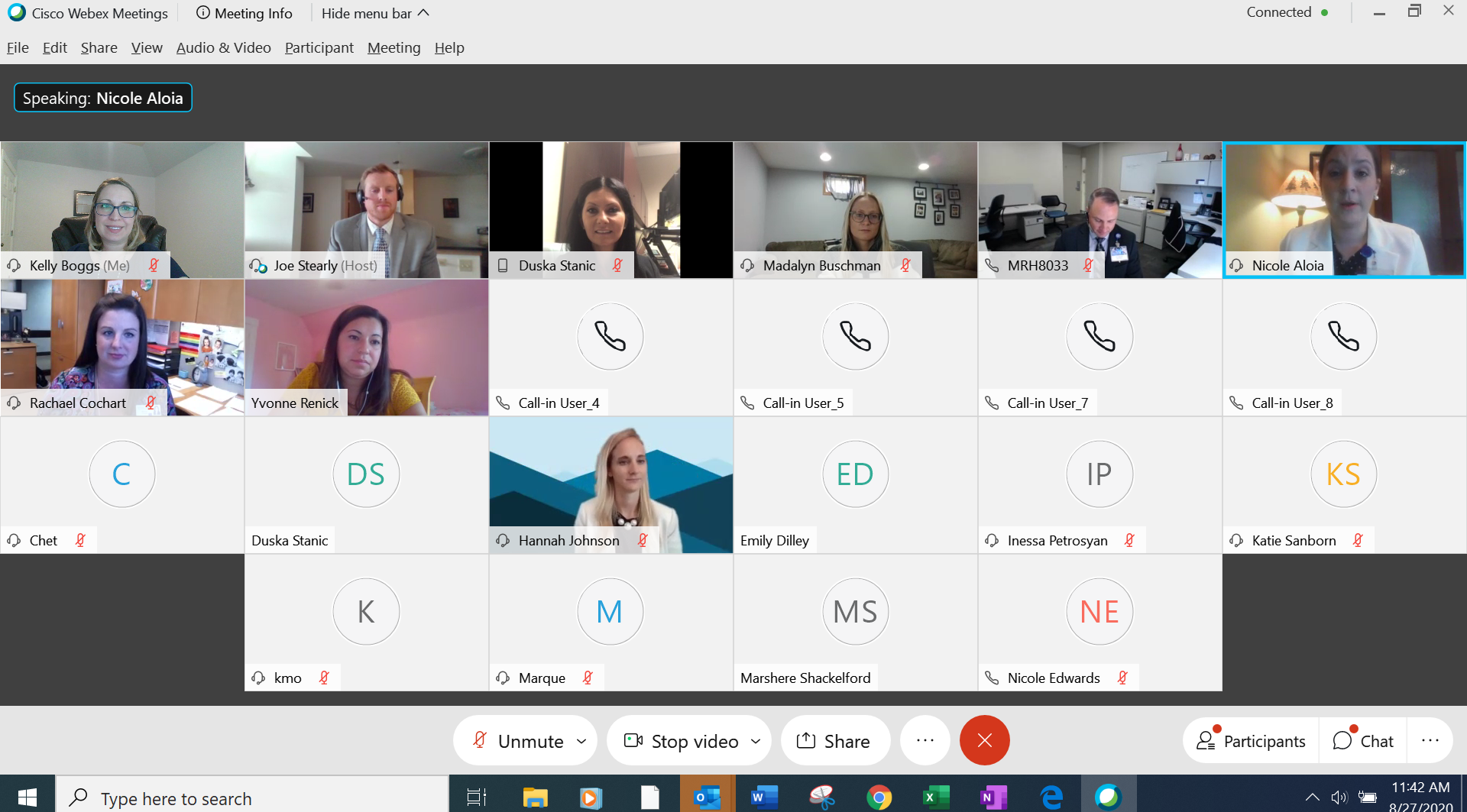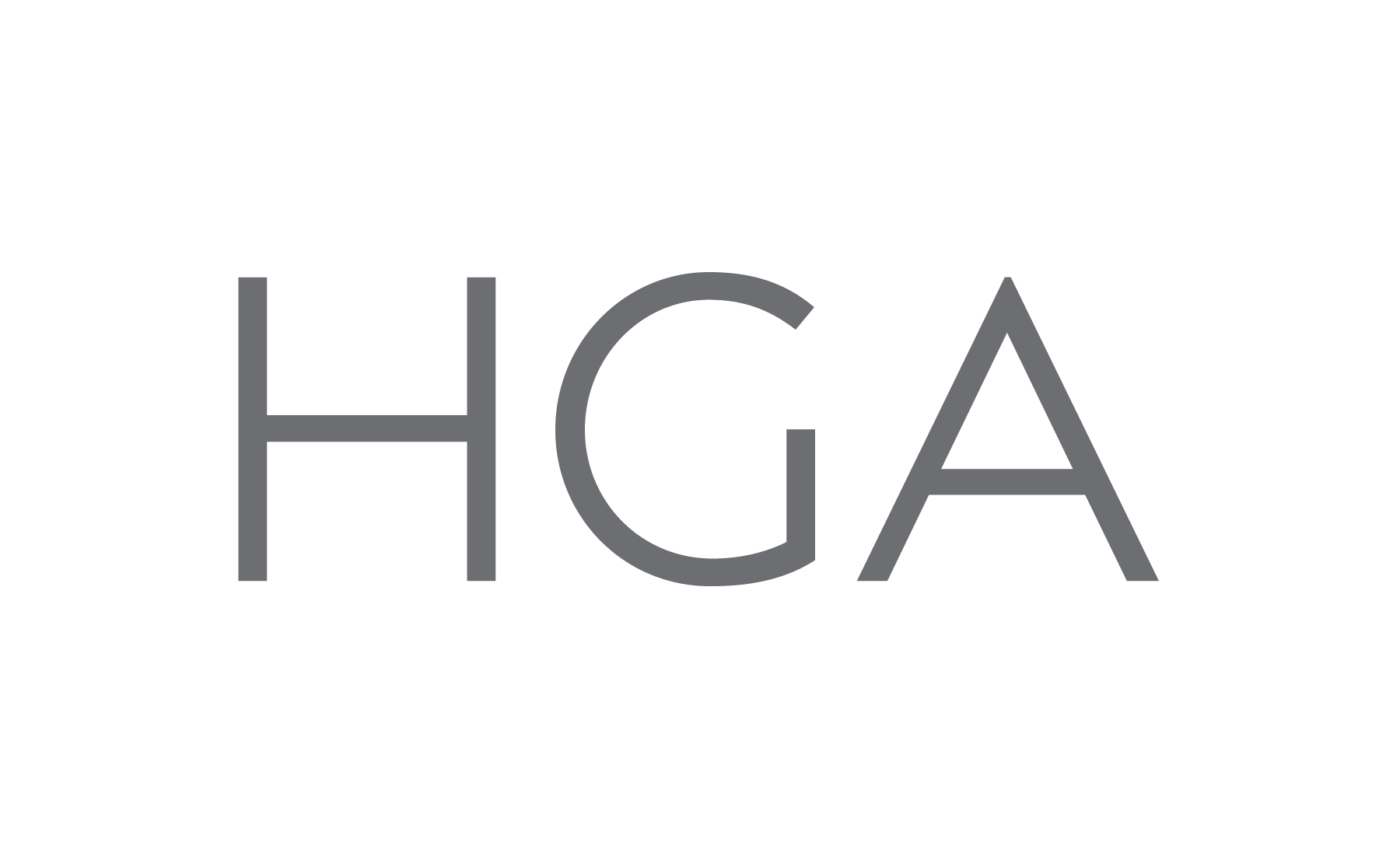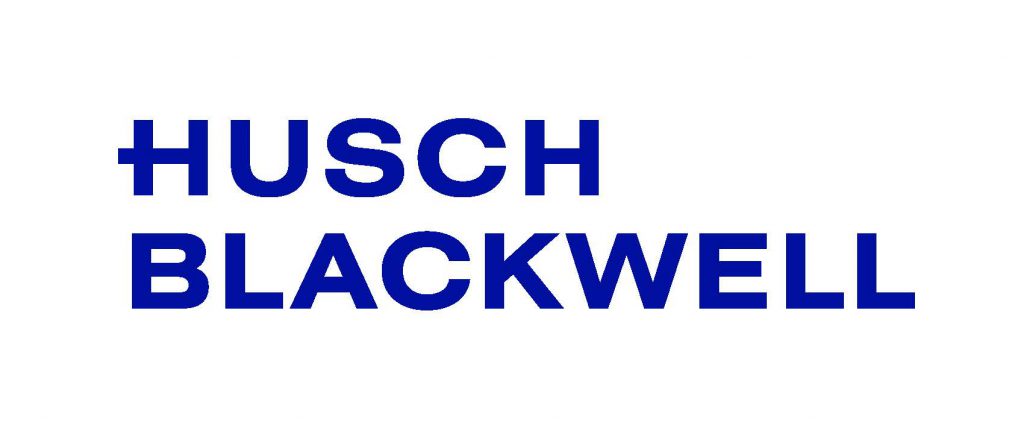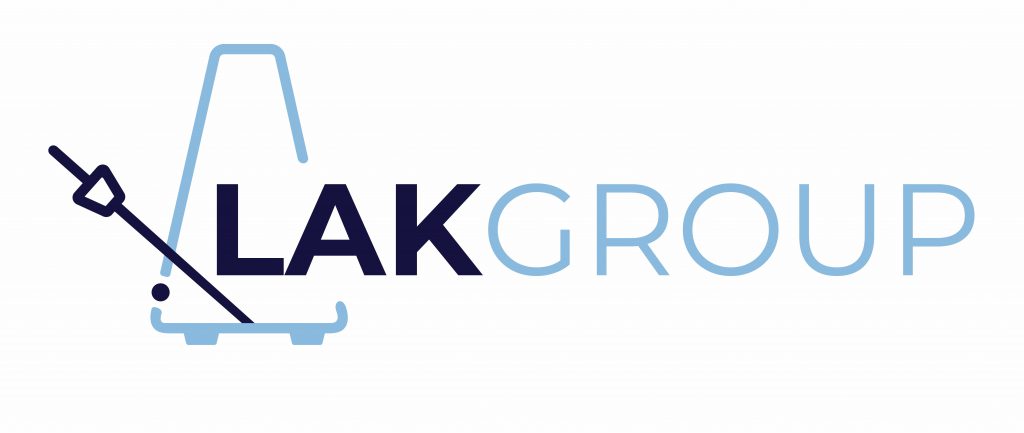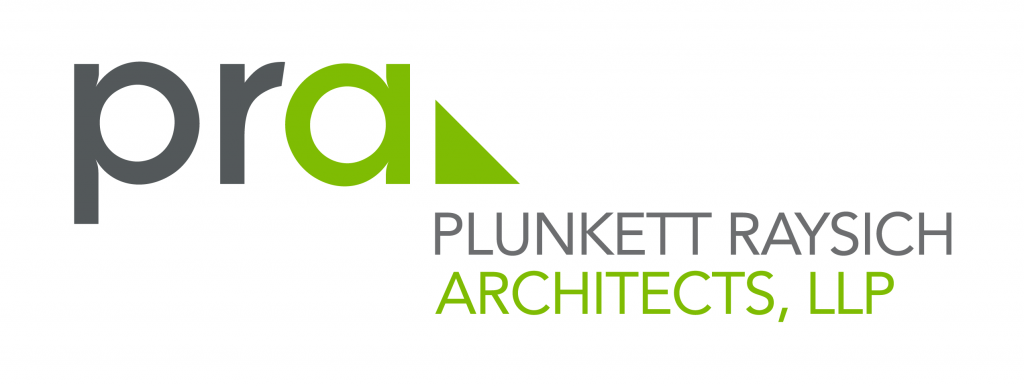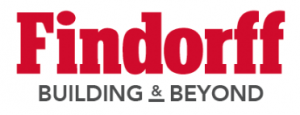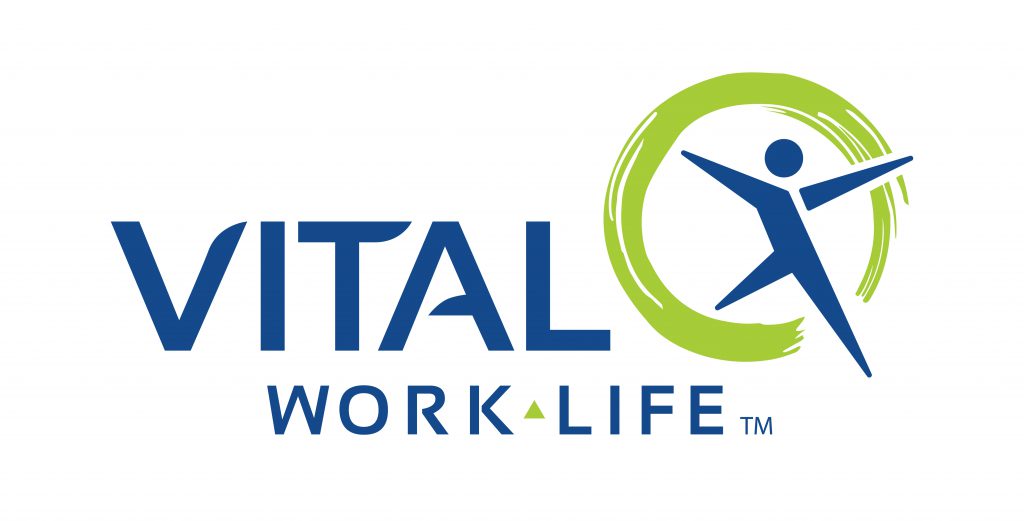The 2020–21 Regent elections begin Sept. 14 and run through Oct. 2. All Members, Fellows and Life Fellows should expect an email with a link to a secure online ballot detailing candidate statements and providing the opportunity to vote. Those without email addresses in our database will receive a paper ballot via postal mail. Please remember to vote and encourage your eligible chapter members to cast their votes, as well. Learn more about the Regent candidates.
Category: Uncategorized
FACHE Advancement Information
Do you have questions or concerns about advancing to Fellow or recertifying their credential? Our FACHE FAQ page answers many of the questions you may have about deadlines for completing recertification requirements or procedures for taking the Board of Governors Exam at our testing vendor, Pearson VUE. In the meantime, check out our FACHE section for everything members need to apply for Fellow and recertify.
First Leadership Development Program Site Visit
On Thursday August 27, 2020 the first site visit was conducted for the 2020-2021 co-hort. Due to COVID-19 the site visits have been moved to virtual only. Part of the curriculum for the LDP is mentoring undergraduate students, all of the mentees were invited to attend the site visit as well.
Joe Stearly, Health Systems Engineer hosted the site visit at Mayo Clinic Health System in Eau Claire, WI. The three hour site visit started with an overview of Mayo Clinic Health System, Advanced Care at Home Program, Organizational Leadership and Integration, Pharmacy and FACHE process and concluded with an early careerist panel. The day was very interactive and informative with the 7 guest speakers that represented Mayo Clinic Health System. Although the program has been modified to accommodate travel restrictions, the cohort has connected and continue to engage.
Upcoming events include a conference call led by the cohort, coaches panel designed to learn from Leadership Development Program alumni and ACHE chapter webinars. For more information on the Leadership Development Program please click here.
Message From Your Regent – Summer 2020
Well, over six months into this public health emergency, and I can say, ACHE has shown resiliency and adaptability by continuing to move forward and provide valuable and engaging programming for our members’ growth and professional enrichment. Thank you to everyone who has helped to make this happen. The pandemic has brought ACHE members together, as an organization, in ways we never imagined, and for many of us well “out of our comfort zones.” We are connecting and learning through Zoom, Teams, Skype, and other virtual methods, slowly but surely moving toward happier days. While we may never return to the days of old, ACHE is adapting to these new learning formats and continuing to provide members with career support and growth opportunities.
Please participate in some of the upcoming virtual opportunities to continue your growth and professional enrichment. Watch the Wisconsin.ache.org website and your emails for the registration to open for the following events.
Virtual events, coming in September:
| Date | Time | Title |
| Sept. 9 | Noon | The 2020-2021 Legislative and Regulatory Update |
| Sept. 16 | Noon | Healthcare State of the State |
| Sept. 16 | 4:30 pm | Wisconsin Hospitals State PAC and Conduit |
| Sept. 23 | Noon | The Business Case of Evidence-Based Design Features for Staff: Translating Traditional ROI Data into Financial Performance |
| Sept. 30 | Noon | Mentoring and Building Your Network |
Additional Virtual Events, planned for October through December:
| Date | Time | Topic |
| Oct. 8 | Noon | Ethical Challenges in Healthcare Leadership |
| Oct. 22 | 4 pm | Telemedicine in the Healthcare Delivery System |
| Nov. 5 | Noon | Equity of Care |
| Nov. 6 | All-Day | Women in Healthcare Leadership |
| Nov. 19 | 4 pm | What we Learned: Leadership and Crisis Management: Strategies to Effectively Manage a Healthcare Organization |
| Dec. 3 | Noon | Leading a Culture of Safety: A Blueprint of Success, Lead and Reward a Just Culture and Establish Organizational Behavior Expectations |
| Dec. 17 | 4 pm | COVID-19: What we Learned Staffing/People Resources and Supply Chain |
ACHE Learning Opportunity
In closing, I recently met a wonderful individual and resource who is available to ACHE members. Cie Armstead joined ACHE in November 2015, becoming the association’s first Diversity and Inclusion Director. One of her major accomplishments is the development of the Executive Diversity Career Navigator (EDCN). EDCN is an online resource created in collaboration with five national healthcare groups dedicated to advance executive diversity.
This centralized resource offers users easy access to vast information, tools, and inspiration for navigating career paths toward senior-level positions.
In early 2016, senior leaders from each of the six participating organizations signed a “Healthcare Executive Diversity Memorandum of Agreement (MOA).” This agreement committed their organizations to engage in collaborative initiatives designed to increase and sustain diversity and inclusion at the highest level of healthcare leadership.
Consider learning more about EDCN, member forums, executive programs, and additional Diversity and Inclusion resources available with ACHE.
Stay safe and well,
Thomas N. Shorter, JD, FACHE
Regent (Interim) for Wisconsin
Nominate an ACHE-WI Regent Award Winner
One of the joys of being Regent is awarding exceptional chapter members for their contributions to ACHE, the healthcare administration profession and the community. As such, I am requesting your nominations for three Regent Awards for 2020.
- Early Career Healthcare Executive Award
- Senior-Level Healthcare Executive Award
- Diversity Champion Award.
ACHE Young Healthcare Executive Award
- Member of the American College of Healthcare Executives
- Demonstration of leadership ability
- Demonstration of innovative and creative management
- Executive capability in developing his/her organization and promoting its growth and stature in the community
- Participation in local, state, or provincial hospital and health association activities
- Participation in civic or community activities and projects
- Demonstration of participation in College activities, and interest in assisting the College in achieving its objectives
Nominate a Young Healthcare Executive Here
ACHE Senior-Level Healthcare Executive Award
- A Fellow of ACHE
- A CEO, COO or other senior-level executive title within the organization
- Demonstration of leadership ability
- Demonstration of innovative and creative management
- Executive capability in developing his/her organization and promoting its growth and stature in the community
- Contributions to the development of others in the health care profession
- Demonstration of leadership in local, state, or provincial hospital and health association activities
- Participation in civic/community activities and projects
- Demonstration of participation in College activities and interest in assisting ACHE in achieving its objectives
ACHE Diversity Champion Award
- ACHE Member
- Senior-level executive, Diversity Executive or HR Leader
- Encourages racially and ethnically diverse healthcare executives, who are not ACHE members, to join and become active at both the local (via chapters) and national levels.
- Organizational diversity and inclusion:
- At or demonstrated progress to the 8% national average for diversity in healthcare leadership
- Perpetuates and sustains a diversity and inclusion committee
- The organization’s leaders are required to go through diversity and inclusion training
- Promotes diversity in leadership:
- Offers internships, residencies and fellowships to racially/ethnically diverse students and provide mentoring to help prepare them for success in the job market.”
- Recruits and promotes to increase diversity and inclusion in leadership”
- Mentors and promotes diverse emerging leaders, and encourages ACHE membership
- Promotes healthcare careers to diverse populations via school programs and community organizations.
- Encourages students to shadow healthcare executives and explore careers in healthcare.
- Advocates for diversity in leadership: Advocates for healthcare systems that serves racially and ethnically diverse communities
- Advocates for a diverse and inclusive healthcare workplace”
- Works with organizations representing racially/ethnically diverse individuals within their communities to create sources for scholarships and fellowships
- Speaks publicly and advocates for diversity and inclusion
- Extends invitations to host events such as executive breakfasts, chapter networking events and educational programs.
In closing, I hope you have a nice summer and please don’t hesitate to reach out to me to discuss your thoughts for how ACHE may advance its members and management excellence in Wisconsin.
Sincerely,
Thomas N. Shorter, JD, FACHE
COVID-19 Resource Center
Thank you for the work you are doing in your healthcare organizations and communities to manage the impact of COVID-19 and take care of patients. We are well aware these are extraordinary times for you as leaders. We hope you continue to leverage your professional and chapter-leader network to share ideas and learn from each other.
The free ACHE “COVID-19 Series With Front-Line Leaders” webinars continue to be well received by our members. Registration for and recordings of all these sessions will be available as soon as possible following the live webinar at ache.org/COVID, along with numerous other resources, including a listing of members in the news.
We’ve compiled information on the most frequently asked questions from members. Learn more about plans for education, recertification and other areas.
Wisconsin Medicaid Telehealth Expansion Webinar: Stakeholder Input Session for Providers
The Wisconsin Department of Health Services (DHS) invites you to attend a Medicaid Telehealth Expansion interactive webinar.
Agenda
This webinar will seek your response to DHS’s proposed launch of Wisconsin Act 56: Telehealth Expansion, which will significantly expand Wisconsin Medicaid’s permanent telehealth policy. The presentation will include the following items:
- General overview of telehealth expansion
- General policy information
- Wave 1 priority acute and primary service areas:
- Proposed services included in telehealth
- Proposed services excluded from telehealth
- Input from attendees
Following the presentation, DHS will take questions from attendees via the DHS telehealth mailbox.
How to join
Thursday, July 30, 10:30 am – 12:00 pm
Click this URL to join; Password: 07302020
Join by phone: 646-558-8656; Webinar ID #933 1403 1869
Friday, July 31, 2:00-3:30 pm
Click this URL to join; Password: 07312020.
Join by phone: 646-558-8656; Webinar ID #999 9957 0817
Complete the ACHE-WI Member Survey Today
I: Background
II: Services
III: Priorities
IV: Other
Save $225 on the Exam Fee
Obtaining the prestigious FACHE® credential signifies hard work, dedication and commitment. To thank you for your efforts, the $225 Board of Governors Exam fee will be waived for approved applications when you submit your completed application by July 31, 2020 (including the application fee and all supporting documents).
Learn more about the requirements to sit for the Exam and the resources available to help you prepare.
ACHE Job Center
Recognizing that employment and hiring needs continue to evolve amidst the landscape of COVID-19, we encourage all ACHE members, associates, registered employers, and recruiters to leverage the ACHE Job Center in support of recruitment efforts and job search needs during these unprecedented and uncertain times.
